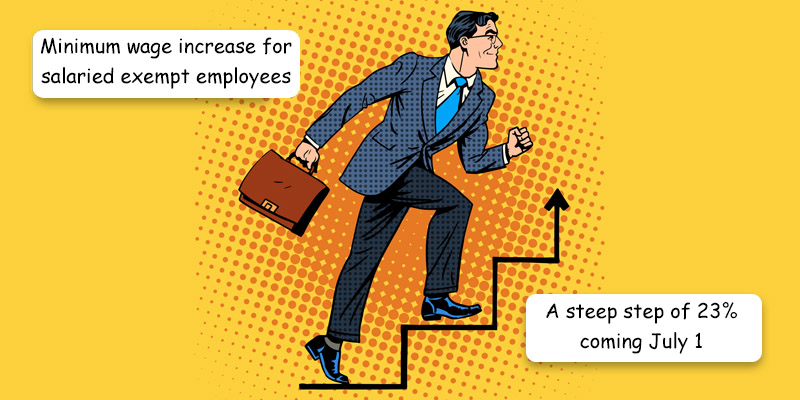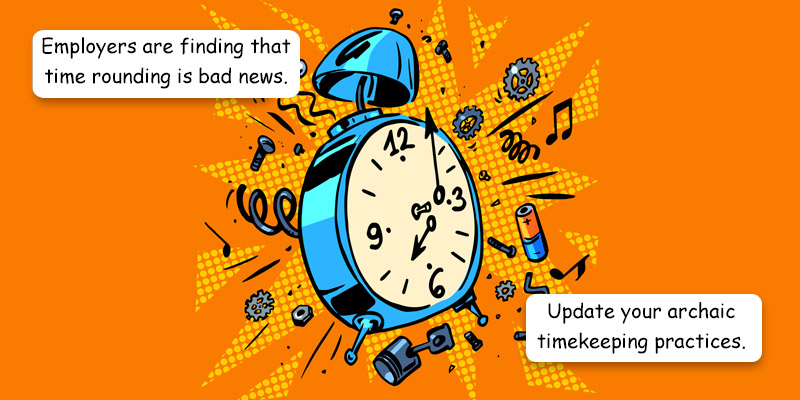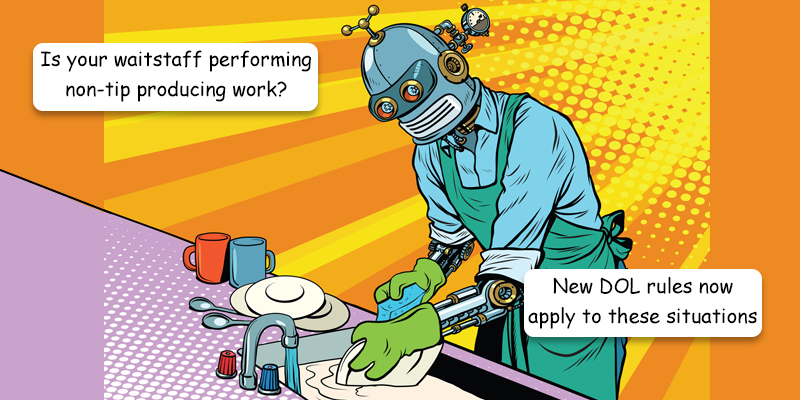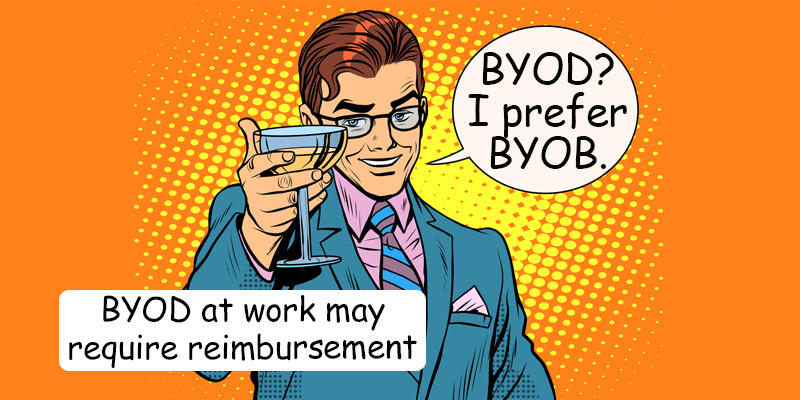Compensatory time, or “comp time,” is an alternative to overtime pay where employees receive paid time off instead of extra wages for overtime hours worked. But, not so fast. While this may seem like a useful tool for managing labor costs and scheduling, its legality depends on the type of business and the classification of employees. Employers must understand the rules before offering comp time to avoid legal issues. The legality of comp time depends on whether an employer operates in the public or private sector: Public-Sector Employers: Under certain prescribed conditions, employees of state and local government agencies are…
Posts tagged as “FLSA”
While there are regular updates to the minimum wage for hourly employees, at least on the state level, changes to the minimum salary for Fair Labor Standards Act (FLSA) exempt employees are not as common. Looking back twenty years ago to 2004, the minimum weekly salary for a FLSA exempt employee was only $445. In 2016, President Obama attempted to double that weekly amount to $913, but a federal judge blocked it just days before it was to take effect. It was ultimately increased to $684, effective January 1, 2020, where it currently stands. As of July 1, 2024, the…
Time rounding. A practice that once had a purpose, should go the way of the dinosaurs. Back in the caveman days, when an employee stuck their timecard in a dinosaur’s mouth to punch in and out, payroll administrators needed a quick way to total hours. The fastest way to do that was to round punches; Looking at a shift and seeing 9:06 a.m. to 5:03 p.m. or 8:55 a.m. to 5:07 p.m. and calling them both as eight-hour days. With modern technology, that is no longer the case. Automated timekeeping systems are able to calculate punches to the minute without…
There are two questions that are brought up when talking about the topic of whether to deduct credit card processing fees before paying out charge tips to your employees. Can you do it, and should you do it? Credit card processing fees can be a significant expense to any business. In 2022, the average credit card processing fee ranged between 1.5% and 3.5% of the sale. There are a number of businesses that charge the consumer a convenience fee when paying by card over cash to cover this added expense, but that practice has not caught on for restaurants. At…
Overtime. It is a subject that you may think you know well, but do you? It is not always a simple matter of paying the employee “time and a half” for any hours worked in excess of 40 hours in a workweek. There is much more to take into consideration, and while this article is not intended to cover every scenario out there, we will touch a number of bases. What we will not cover, this time around, is who may be exempt from overtime. Let’s start with the federal law, where the overtime provisions are contained in the Fair…
While the Federal minimum wage remains at $7.25 per hour, 27 states and many cities, counties and locals have set increases effective January 1st, 2022 with a few announcing a change during 2022. Many states continue their path to $15.00 per hour and you will now find places in Washington state that have a minimum wage over $17.00 per hour. A list of each state/local, along with the new hourly rate is listed below. Any state that does not have a minimum wage change scheduled is not listed. All rates are effective January 1st, 2022 unless otherwise noted. Alaska: $10.34 Arizona: $12.80…
On October 28, 2021, the U.S. Department of Labor (DOL) issued a Final Rule, which takes effect on December 28, 2021; it is extremely important for businesses that pay the lower “tipped minimum wage” to take notice. In this final rule, the DOL finalizes its proposal to withdraw one portion of the Tip Regulations Under the Fair Labor Standards Act (FLSA 2020 Tip Final Rule) and finalize its proposed revisions related to the determination of when a tipped employee is employed in dual jobs under the Fair Labor Standards Act of 1938. Specifically, the Department of Labor is amending its…
There are many times when an employee may need to travel for business-related purposes. The latter span can include something brief, like a trip to the bank, or a cross-country flight for a business conference and depending upon the circumstances, it can be compensable time. I think the best way to tackle this is to take a look at examples as to what is and what is not: What is NOT compensable Home to work/Work to home (aka commuting) – An employee who travels from home before the regular workday and returns to his/her home at the end of the…
If you have an employee who drives their personal vehicle for a work related matter, it is the norm to reimburse the employee for the business-related use. It is a straight forward calculation by taking into consideration how many miles the person drove and multiplying it by a rate. The IRS even publishes a standard mileage rate of .58 cents per mile (2019). But what if that employee uses their mobile personal device (aka cell phone) in a Bring Your Own Device (BYOD) workplace? As employers implement paperless, streamlined, and automated solutions to their work environment, we are finding that…
With the exception of four states (Alabama, Florida, Georgia, and Mississippi), each state has specific laws regarding the issuance of a final paycheck to a separated employee. Many states differentiate whether the employee was separated voluntarily or involuntarily, and the timing ranges from “immediately” (yes, this means the same day the employee is terminated) to the next scheduled payday, so I have put together this table for quick and easy reference. Each state has penalties for violation of the final check rule, so be sure you know what is required. A state such as California will enforce the employer to…










